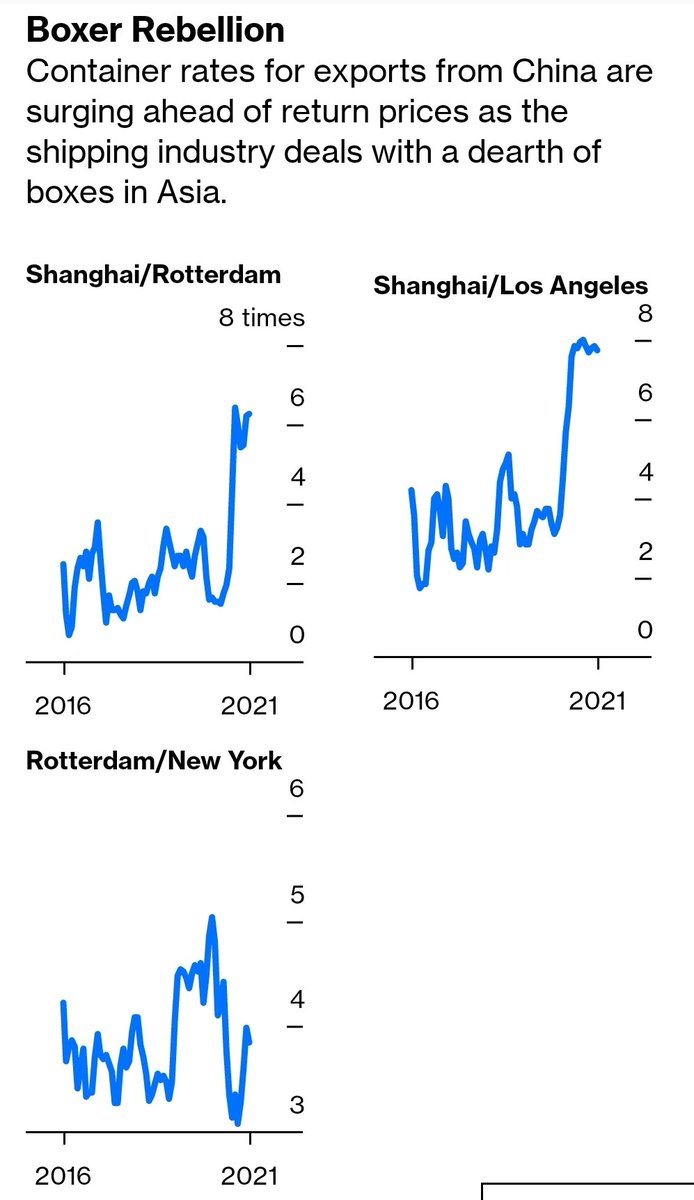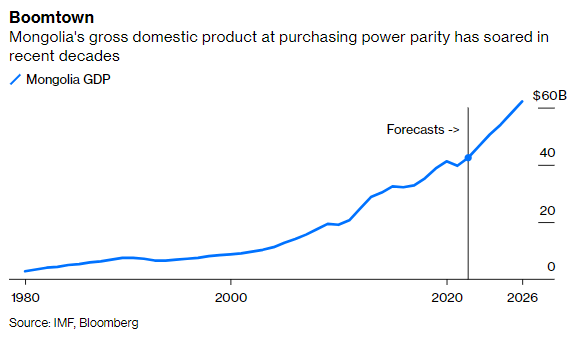
Does the head of Harvard's endowment understand how short-selling works?
Because this idea of using short positions as carbon offsets makes no sense to me.
bloomberg.com/news/articles/…
Because this idea of using short positions as carbon offsets makes no sense to me.
bloomberg.com/news/articles/…
He's arguing that shorting an emitter's stock puts pressure on the company to change similar to activist investing, and raises its cost of capital.
I bet short-sellers wish it was that easy!
I bet short-sellers wish it was that easy!
To the extent short-sellers have any effect on a company's cost of capital, it's by *bringing fresh information to the market* about its risk profile.
But you don't need the Harvard endowment to tell you that heavily emitting companies have a Net Zero problem! We all know this.
But you don't need the Harvard endowment to tell you that heavily emitting companies have a Net Zero problem! We all know this.
Players in capital markets will make their own minds up about the cost of capital for carbon-heavy companies.
Simply shorting the stock will make very little difference, and a prudently-sized position would have a barely-perceptible impact on aggregate short interest anyway.
Simply shorting the stock will make very little difference, and a prudently-sized position would have a barely-perceptible impact on aggregate short interest anyway.
Imagine the noisiest, most annoying short-seller releasing "we value the equity at zero" type reports about, say, an oil company or utility.
If the sum total of its argument is "the business is incompatible with Net Zero in 2050" then the market's response will be a huge shrug.
If the sum total of its argument is "the business is incompatible with Net Zero in 2050" then the market's response will be a huge shrug.
Everyone exposed to the company already knows this information! For short-selling to affect cost of capital, it needs to deliver new information to the market that's going to scare short-term-focused investors.
There's also this:
https://twitter.com/davidfickling/status/1410361625501073408?s=19
• • •
Missing some Tweet in this thread? You can try to
force a refresh








